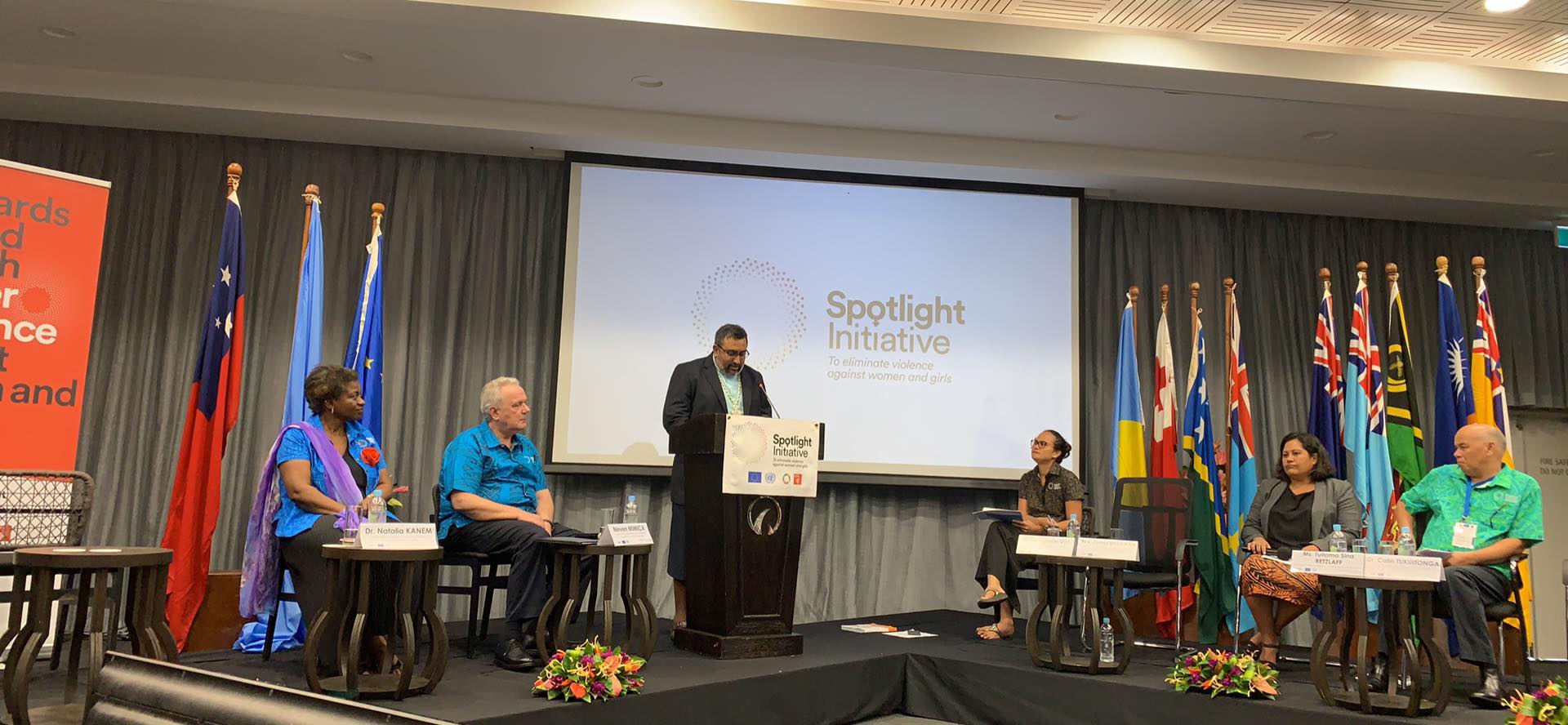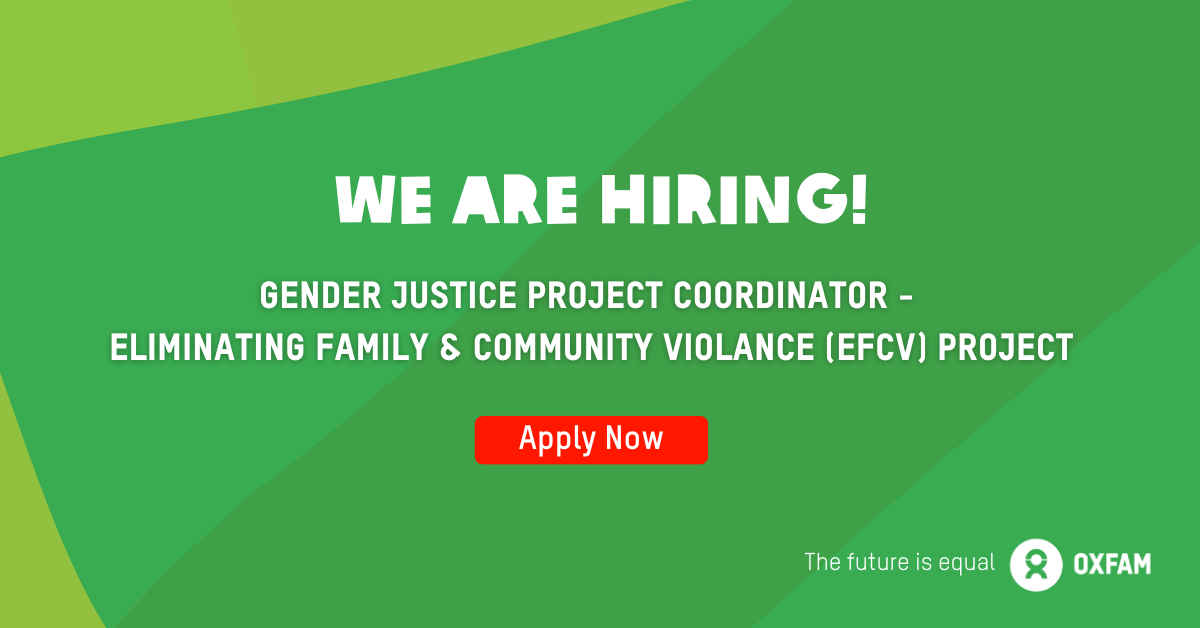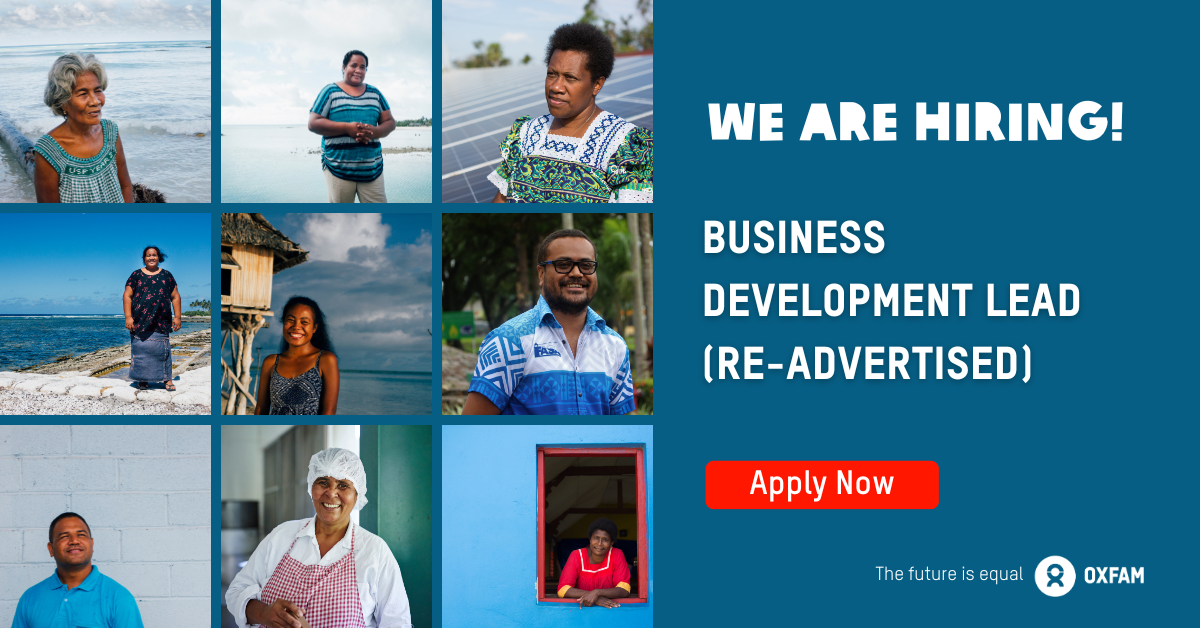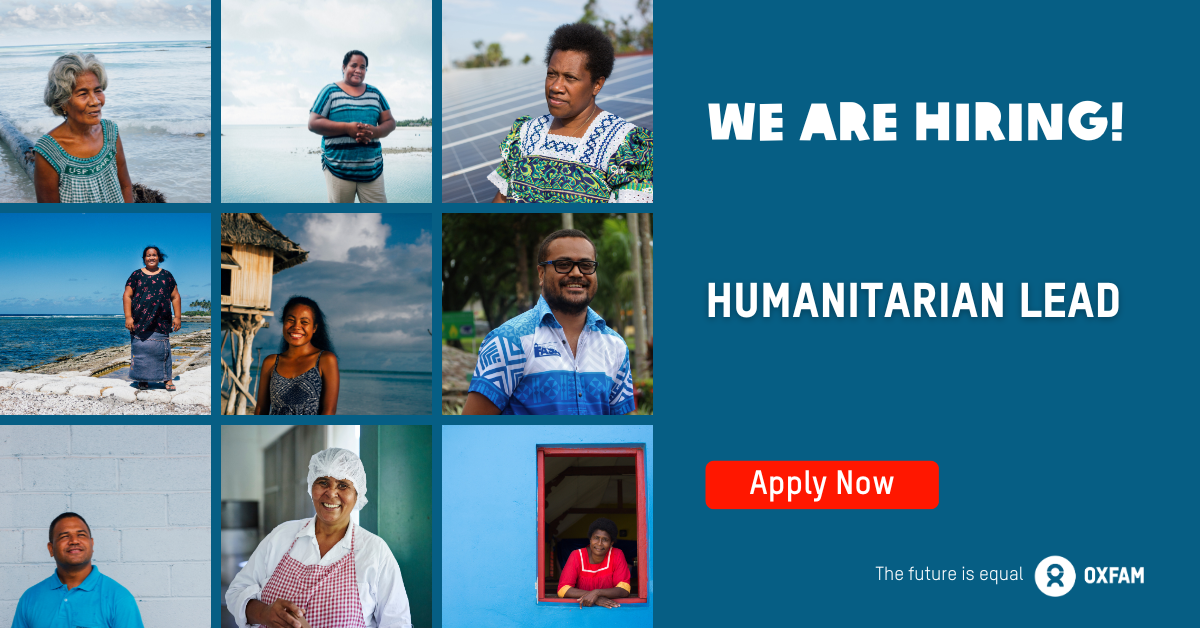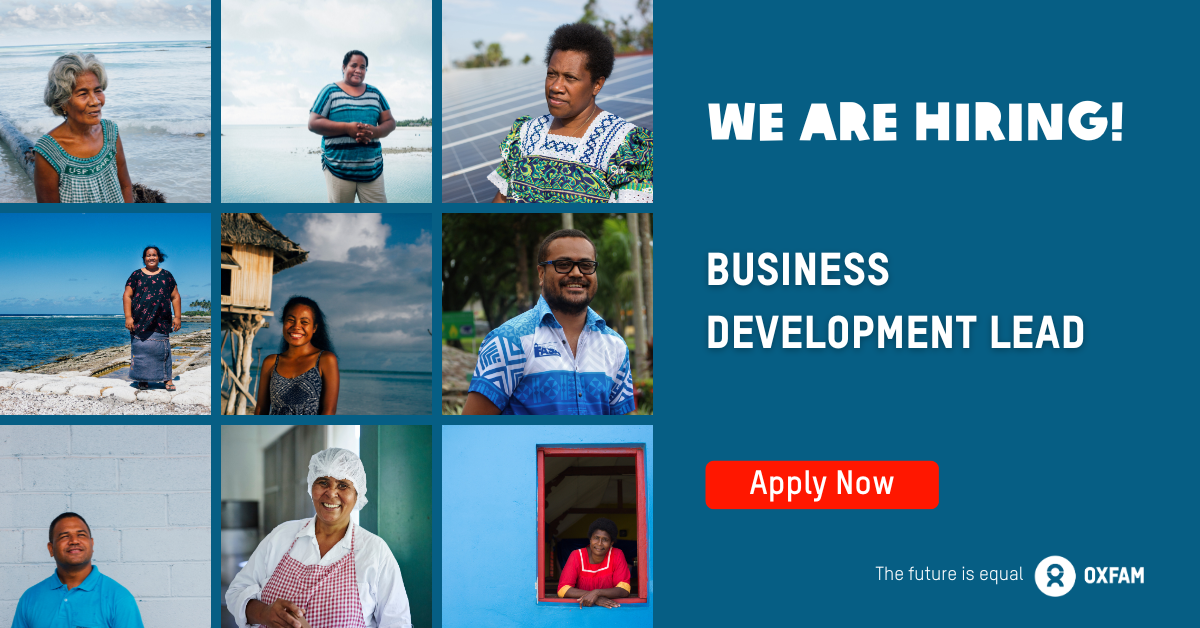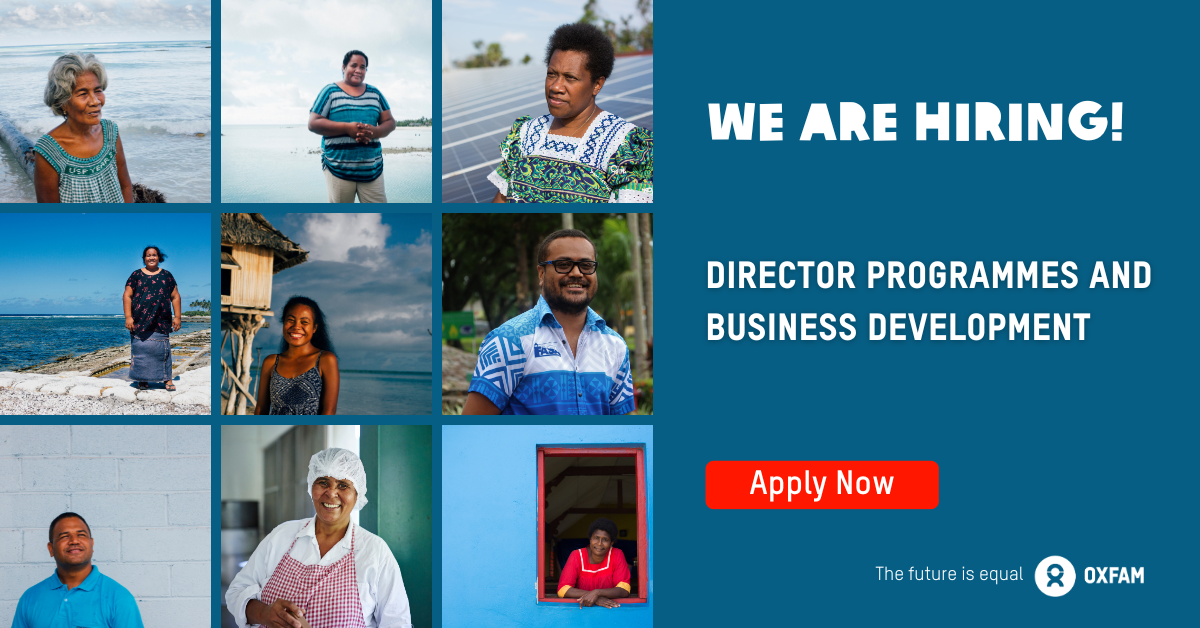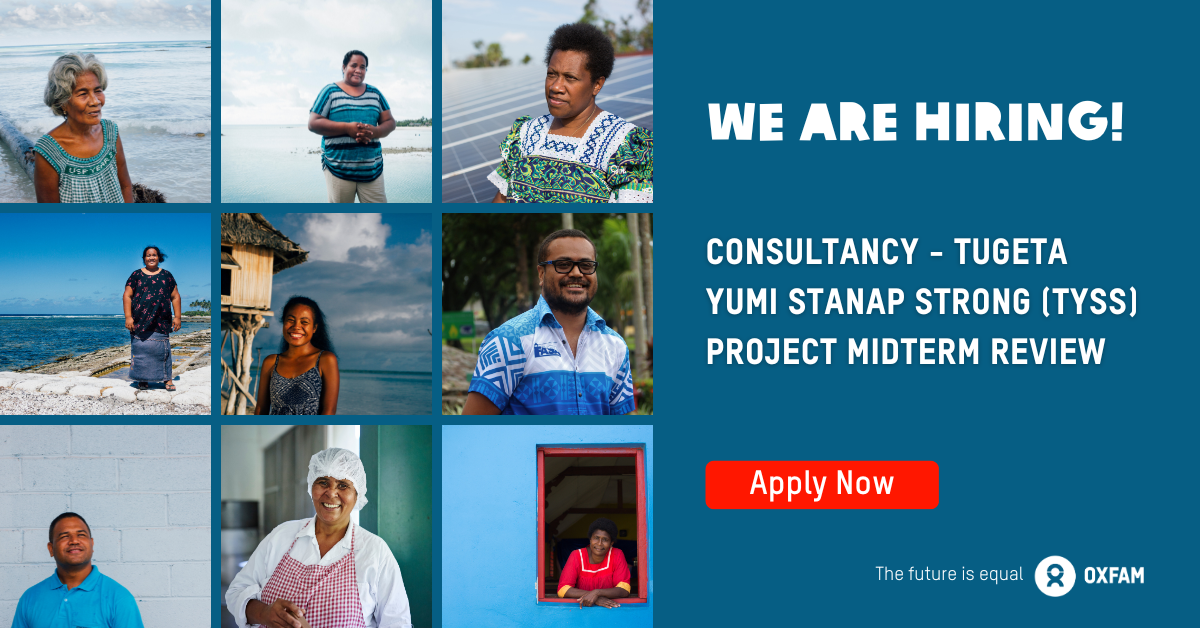The General Secretary of the Pacific Conference of Churches (PCC), Reverend JAMES BHAGWAN delivered a message from the Christian faith perspective on ending violence against women, at the high-level launch of the European Union and United Nations Spotlight Initiative in Apia, Samoa on 26 February 2019.
Excellencies, Ladies and Gentlemen:
This is not a sermon.
I would like to begin by expressing my sincere appreciation to the EU and UN for the inclusion of communities of faith in this gathering.
It is part of growing reaffirmation of the leadership and influential role of churches and other faith communities across the Pacific by the international community, something which Pacific islanders have tried to explain in secular contexts. It builds on our role in contemporary Pacific society to connecting our Spiritual worldviews extend beyond time and place, And beyond land, sea and sky, beyond the human, beyond the secular and beyond even our culture.
I represent the community of 30 churches and nine national councils of churches over the millions of square kilometres of the Pacific Ocean. We are connected by our Christian faith, and our belief in the role of faith communities as agents of social change and, in particular, the potential for faith communities to be agents of societal transformation in eliminating violence against women and girls.
But before speaking on what faith communities across are doing and what stronger partnerships can achieve in the work to eliminate violence against women and girls, I must acknowledge that for too long and, more often than not, faith communities have been part of the structural violence enacted upon women of all age and social status in the Pacific. Patriarchal structures of leadership and decision-making, biblical interpretation and attitudes towards women in faith communities have underpinned the psychological, emotional, physical, sexual and economic violence that Pacific women have had to endure.
I acknowledge the complicit and implicit actions and inaction by those in positions of authority and responsibility, I acknowledge the abuses of power and trust experienced by women and children in our Pacific churches, that there are places where the gospel of love, inclusion, preference for the least among us in society and of peace and abundant life for all is preached and held out as the ideal but not practice.
At the same time, I acknowledge with gratitude the many mothers and fathers who have had the courage to address these and other forms of gender-based violence experienced in homes, churches and church institutions for more than two decades, in their local churches, national churches and in the Pacific Conference of Churches membership, and those sisters and brothers working to continue and strengthen this work.
This is part of a global move by Christian communities to address all forms of abuse of power and trust.
There is a growing shift by member Churches of PCC, from conservative, colonial, fundamentalist and patriarchal theology to one based on more inclusive and contextual biblical interpretation, and strong Christian theological and ethical reflection that, violence against women and children, in all its forms, is a sin – that it goes against the Christian understanding of God’s intention for human relationships.
Just as Pacific Forum Leaders recognised that a high level commitment was needed to progress gender equality through the Pacific Forum Leaders Gender Equality Declaration (2012) and endorsed the Pacific Regional Action Plan on Women Peace and Security (2012-2015) (PDF) Church leaders across the region are engaging in theological approaches to challenge cultural norms that perpetuate the root causes of violence against women.
In order to be effective in this work our theological approach must be prophetic – in terms of speaking truth to power, both in the Church and the wider society; it must be pastoral – in terms trauma counselling, working with local church communities to address violence against women and children as well the issue of masculinity and violence; and it must be practical – a consolidated, consistent and strategic approach from grassroots congregations to leadership that includes theological colleges, and the different departments and fellowships in our churches; that addresses the issue of leadership and participation in both decision-making in church institutions and in terms of ministry and worship.
At a time when our Pacific region faces high levels of violence and low levels of political representation – when we still have the unfinished business of progressing gender equality, the right to self-determination and peaceful societies – we are speaking out against violence against women and children to their own communities of faith and the wider society.
In Fiji and Vanuatu – the message goes beyond the pulpit through mass and social media campaigns to remind our communities of a key message “My Faith Says No to Rape and Violence Against Women.” And that any form of violence against women is a sin.
This video is an example of this advocacy: 2018 Interreligious Collaboration – “My Faith Says No”:
Pastorally, theological training institutions for ordained and lay ministry formation have for some time, had access to curricula on gender-based violence produced by the South Pacific Association of Theological Schools (SPATS). Across the Pacific, particularly in Melanesia, communities of practise of Gender Equality Theology are being developed by PCC member churches and national councils of churches, facilitated by Uniting World, the development agency of the Uniting Church in Australia.
The Anglican Diocese of Polynesia recently launched SASA Faith faith-based approaches to encourage gender equality and stop violence against women and girls that is often accepted as normal – as a ‘social norm’. There are also initiatives for churches to break the silence on this issue and discuss it in the local faith communities, from the pulpit, in bible study groups and men’s, women’s and youth fellowships, and Sunday schools.
Practically, there is more to eliminating violence against women that needs to be done in the area of structural violence, particularly in the area of women’s participation in ministry and leadership in faith communities and we affirm the recommendation of the Pacific Platform for Action for Gender Equality and Women’s Rights (PDF) adopted at the 2013 Pacific Women’s Triennial Conference that this requires innovative and multi stakeholder approaches to be truly transformative.
As the Pacific faces the impact of climate change and intensifying disasters we know we must be part of supporting the shift in power to uplift women, as first responders and as the voice and leaders of building resilient and sustainable communities.
This requires a comprehensive coordination mechanism between member churches and national councils of churches and other stakeholders and partners. The Pacific Conference of Churches is committed to providing this crucial role as part of its mandate from our General Assembly which includes resolutions from our Women’s Pre-Assembly.
In order to do so, we are taking a leaf out of the UN’s book and I am happy to announce that the Pacific Conference of Churches, under its Commission on Mission and Theology will be convening a Commission on the Status of Women in Pacific Churches to take place in 2020 with a follow up in 2022. It is hoped that this commission will be a sustained intervention for churches as a method of monitoring, truth-telling, accountability and advocating on not only gender-based-violence but also structural violence, including women’s participation and leadership in Pacific Churches.
While it may seem to those outside the church that this is a big step, I see it as the necessary and natural next step for our communities of faith in this issue. Already we have had initial conversations with the Regional Rights Resource Team of the Pacific Community and the Pacific Office of UN Women and the Pacific Islands Forum. I look forward to the support of Spotlight Initiative through the Pacific Partnership to End Violence Against Women and other stakeholders as we work together for long term and deeper societal change.
Excellencies, ladies and gentlemen, the church is in the business of conversion, social transformation. Let us work together for safe and peaceful homes, communities and churches; so that our “saved” communities are “safe” communities for women, children and all vulnerable children of God.
Thank you.
More information on the EU-UN Spotlight Initiative can be found at this link: http://bit.ly/2BUCsqd

